May 24, 2025 | 02:40 GMT +7
May 24, 2025 | 02:40 GMT +7
Hotline: 0913.378.918
May 24, 2025 | 02:40 GMT +7
Hotline: 0913.378.918
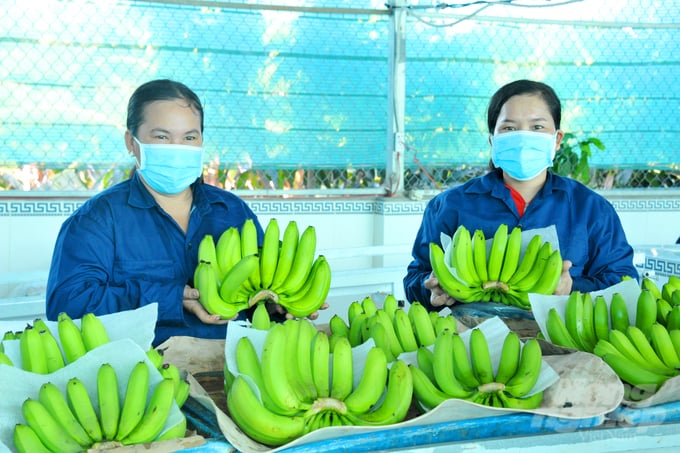
Currently, the fruit growing area of An Giang is diverse in species, with more than enough supply for domestic consumption and export. Photo: Le Hoang Vu.
Land in An Giang is suitable for agricultural development, including fruit trees. Recently, the association and consumption of fruit trees have received attention, and enterprises have invested and promoted associations in specialized growing areas to develop on a large scale, meeting export demand.
Currently, the area of fruit trees in An Giang is diverse in species, with more than enough capacity to supply domestic consumption and export. Nearly 20,000 hectares are growing fruit on 90% of the area, the total annual output is estimated at 350,000 tons, the main products are still citrus, mango, jackfruit, longan, banana, etc.
The whole province has been granted 466 export growing area codes, of which fruit trees account for 334 growing area codes (more than 7,600 hectares). The province's fruit trees are in the markets of China, Korea, the United States, New Zealand, Australia, the EU, and Japan. An Phu district held a ceremony to announce the export of Keo mango to the Korean market. Linking production and consumption of mangoes according to the value chain. Cho Moi district announced the export of green-skinned mangoes and seedless mangoes to the markets of Australia, the United States, and South Korea.
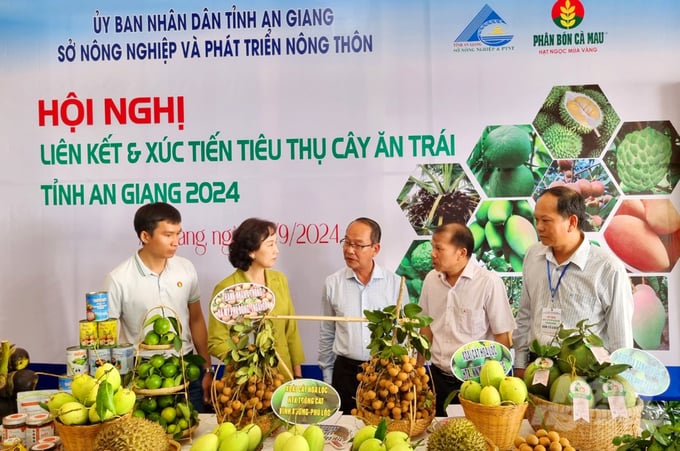
Recently, the association and consumption of fruit trees have received attention, and businesses have invested and promoted association in large-scale specialized growing areas. Photo: Le Hoang Vu.
Nguyen Si Lam, Director of the Department of Agriculture and Rural Development of An Giang, said that to bring local fruits to potential markets, the agricultural sector will strengthen coordination with other sectors and localities to build concentrated fruit-growing areas with high quality and connect partners to implement consumption linkages, supporting output for farmers.
Recently, the Department of Agriculture and Rural Development of An Giang has issued a plan to develop specialized production areas and promote the consumption of fruit products in An Giang province in 2024. Accordingly, ineffective rice production areas will be converted to suitable fruit trees according to concentrated specialized growing areas, with a scale of more than 10,000 hectares across the province, including mangoes, tissue-cultured bananas, durians, longans, and citrus trees. At the same time, it supports businesses and cooperatives in investing in fruit processing and preservation by promoting and forming chain projects linking the production, processing, and consumption of fruit products across the province.
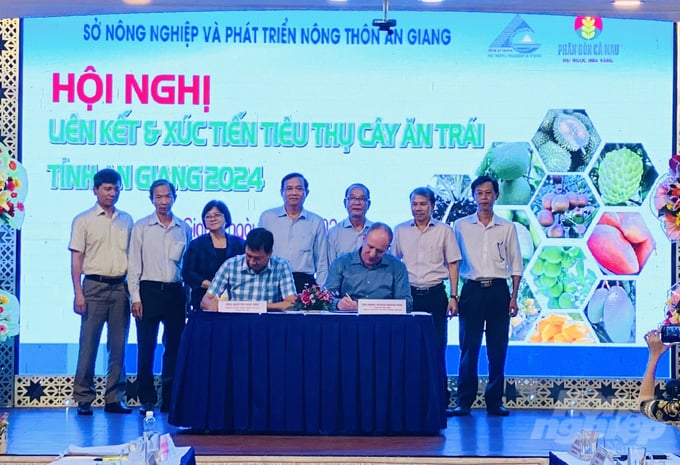
In the work of linking and consuming fruit trees, An Giang's agricultural sector has signed contracts with enterprises: Hoang Phat fruit, Vina T&T, Cat Tuong, Hoang Phan, Nafood... Photo: Le Hoang Vu.
In the work of linking and consuming fruit trees, An Giang's agricultural sector has signed contracts with enterprises: Hoang Phat fruit, Vina T&T, Cat Tuong, Hoang Phan, Nafood... to participate in consuming mangoes with an area of 8,948 hectares. Up to now, the mango-specialized growing area has been expanded by 430 hectares. In particular, other fruit trees, such as tissue-cultured bananas, longan, durian, and citrus trees... have all increased in area.
Nguyen Minh Hien, Director of GAP Cu Lao Gieng Cooperative in Cho Moi district, which has just exported 20 tons of mangoes to markets around the world, excitedly said that in recent years, with the attention and direction of the province, the active participation of the locality and the consensus and change in people's thinking about collective economy, have contributed to creating positive changes in agricultural production.
Regarding the production chain, Cu Lao Gieng GAP Cooperative has signed agreements with more than 100 official members and enterprises supplying input materials and consuming products with a total area of over 243 hectares, with a mango output of over 1,700 tons/year. In addition, the Cooperative has signed contracts to supply fresh mango for export to OCFAMRM Company, Hoang Phat Fruit Company Limited, Chanh Thu Fruit Import-Export Company Limited, and T&T Group with a quantity of hundreds of tons/year.
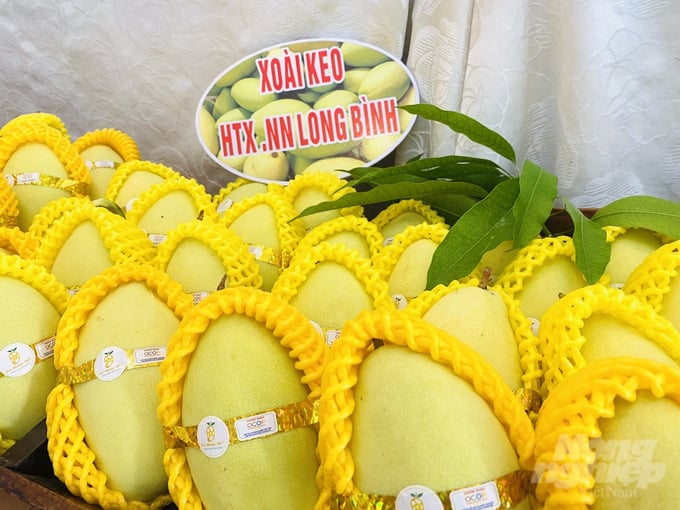
Growing mango for export in An Giang. Photo: Le Hoang Vu.
Nguyen Thi Minh Thuy, Vice Chairwoman of An Giang Provincial People's Committee, said: Initially, the fruit industry in An Giang province ensures sufficient quantity and quality of raw materials for businesses supplying domestic and foreign markets. According to Thuy, for this industry to develop sustainably, it is necessary to continue to innovate and develop forms of production organization, taking cooperatives and cooperative groups as the core to organize production, linking with businesses along the value chain, contributing to increasing the value of fruit trees in the province. Promote the formation of links between farmers and farmers to establish production groups such as cooperatives and cooperative groups... thereby creating strengths for producing and consuming fruit trees and limiting risks in the fruit consumption stage in localities.
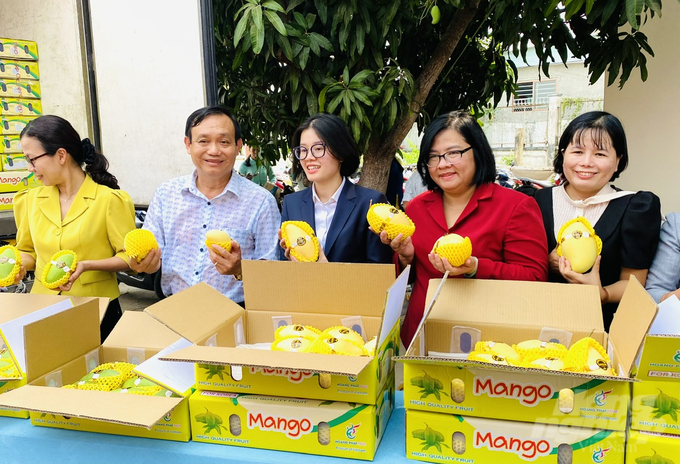
An Phu district held a ceremony to announce the export of Keo mango to the Korean market. Photo: Le Hoang Vu.
Implement policies to encourage and support sustainable fruit tree development according to the VietGAP and GlobalGAP safe production models. Expand the certification scale according to GlobalGAP and VietGAP standards to trace product origins and register product trademarks to enhance competitiveness in the export market. It mainly aims at the target plan of 50% of fruit tree areas being granted growing area codes in 2025-2030. Focus on attracting businesses interested in investing in developing fruit tree material areas, linking consumption with farmers, and investing in building fruit processing factories to increase the value of products.
Translated by Huong Giang
/2025/05/22/5250-1-184853_288.jpg)
(VAN) According to a representative from the Central Retail Vietnam, Vietnamese products such as seafood, sweet potatoes, dragon fruit, coffee, and spices hold great potential in the Thai market.
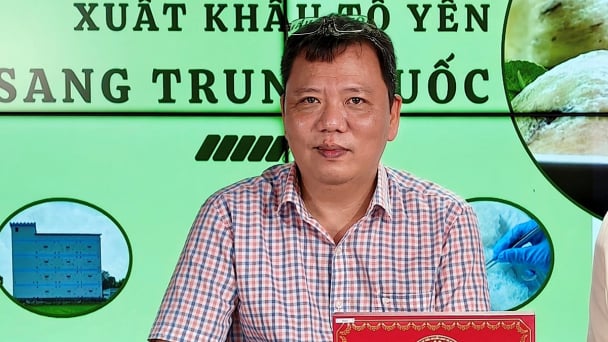
(VAN) A multi-channel, multi-directional strategy only works when the agricultural value chain meets global transparency and SPS standards.
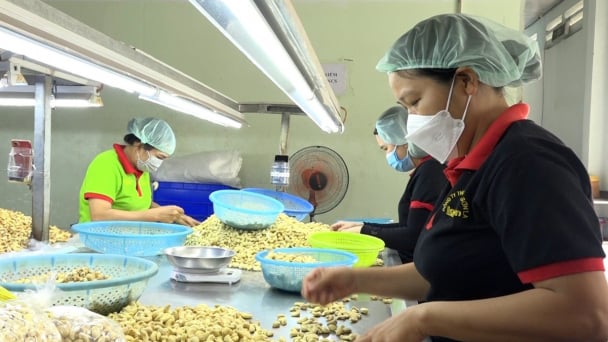
(VAN) Market expansion is a matter of survival for Vietnamese businesses amid fierce competition and global supply chain fluctuations.
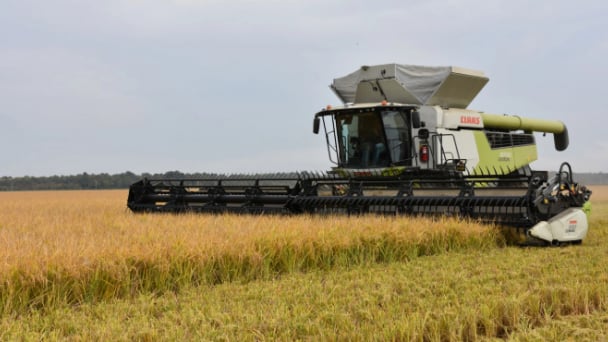
(VAN) Global market prospects for U.S. long-grain rice for the upcoming marketing year.
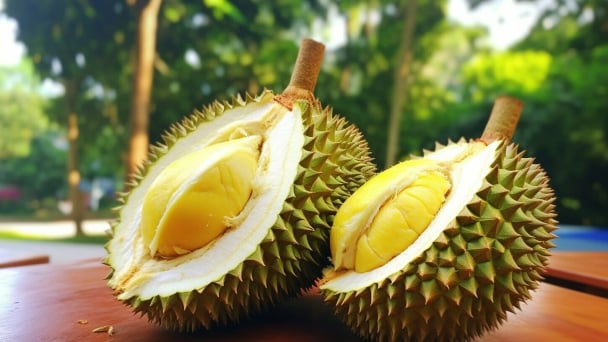
(VAN) China’s General Administration of Customs started permitting fresh durian shipments from Cambodia after a phytosanitary protocol was signed with the Cambodian Ministry of Agriculture in late April.
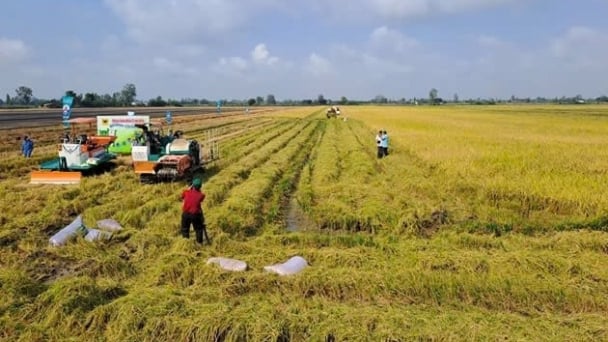
(VAN) To operate carbon market, one of the key issues is determining which types of 'commodities' meet the standards to be traded on the market.
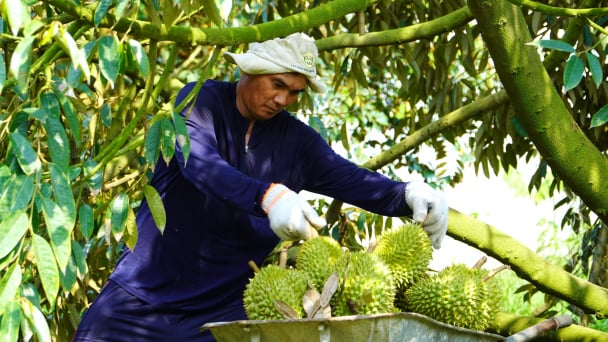
(VAN) Durian-producing localities need to coordinate more effectively with central authorities to improve the traceability, monitoring, and response systems in case of violations.